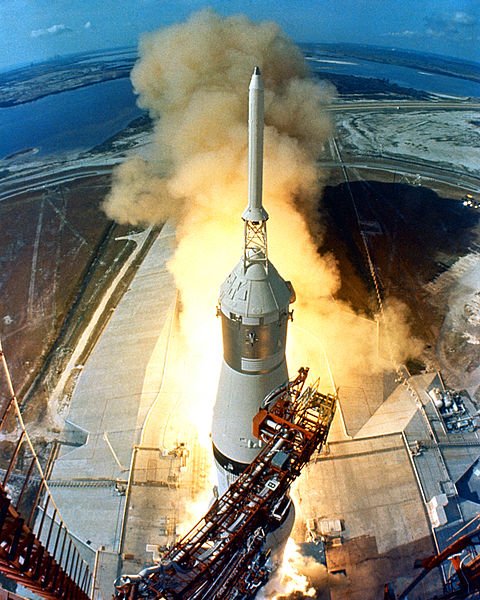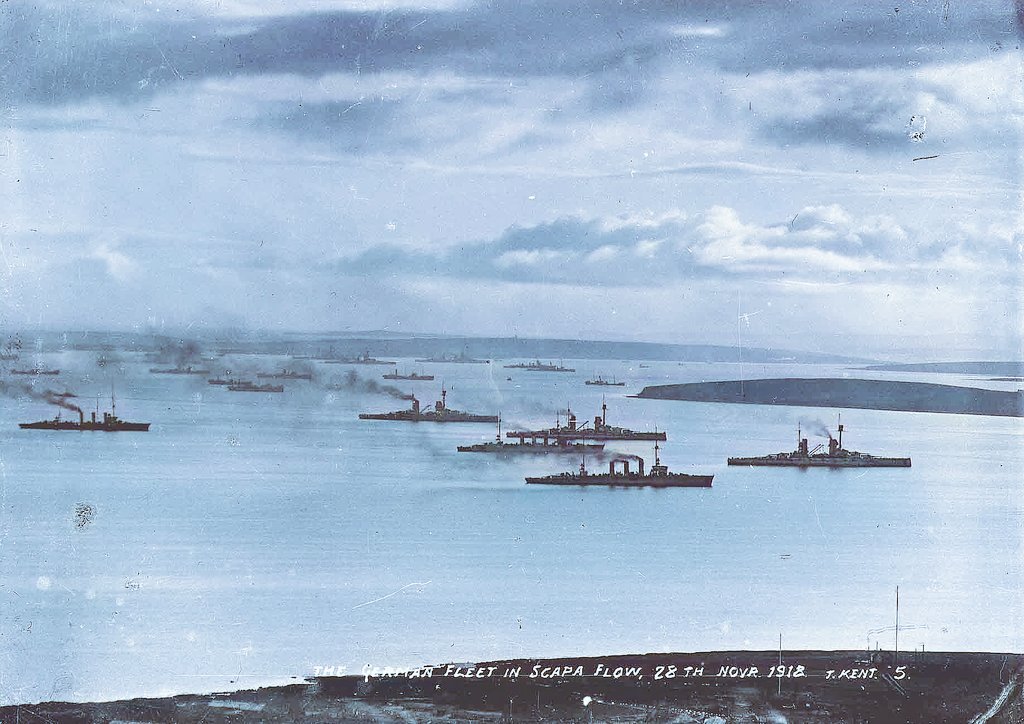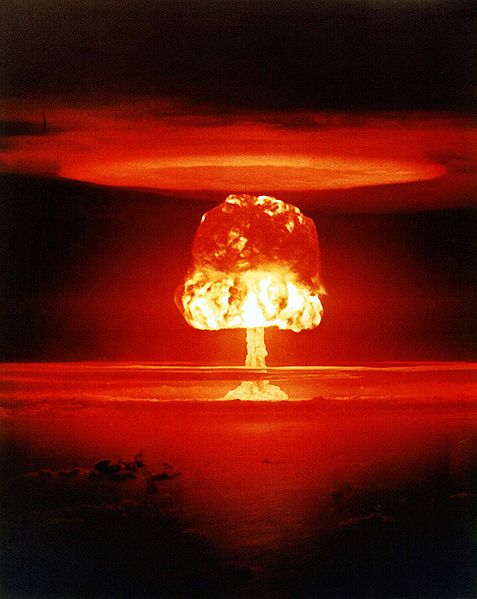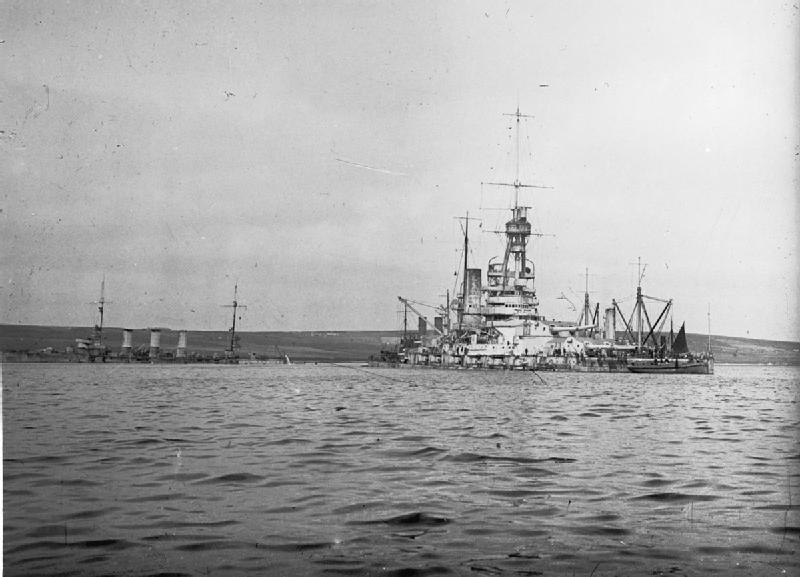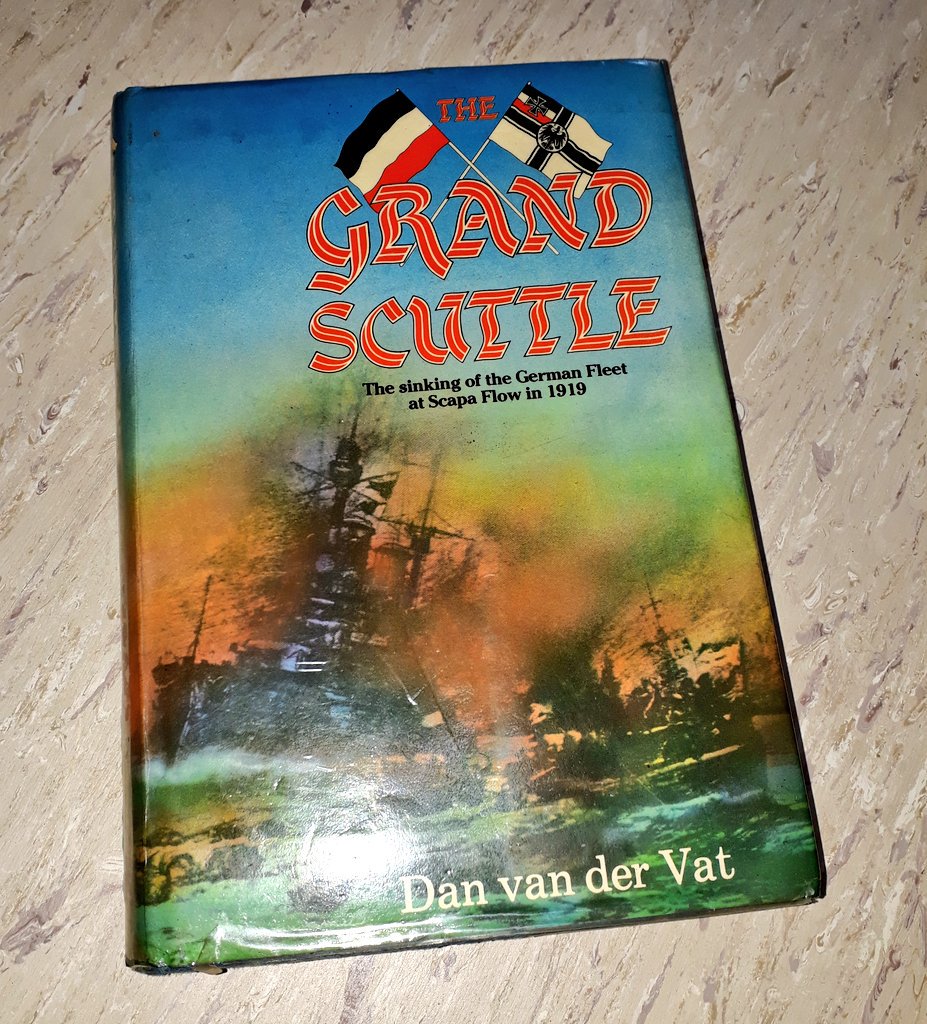Today (24th July) is the 50th anniversary of #Apollo11 returning back to Earth from the Moon which is an amazing story but here is another amazing story that you might never have heard before. (It also might not be true but that doesn’t stop it being a good story) #Apollo50
100 years ago in June 1919 the German High Seas Fleet was scuttled in Scapa Flow, #Orkney. Many of the 52 ships that sank were salvaged for scrap during the 20s and 30s and the steel they contained became particularly valuable after 16th July 1945 for a very specific reason.
The production of steel uses air from the atmosphere in a process which removes the impurities from molten iron. The detonation of the first atomic bombs increased radiation levels across the atmosphere and made it difficult to produce steel without radioactive contamination.
Many scientific instruments such as Geiger counters, medical apparatus and aeronautical sensors require uncontaminated steel, known as low-background steel. One of the primary sources of this steel were ships constructed before 1945 including the salvaged ships of Scapa Flow.
Understandably NASA required quantities of low-background steel for the construction of sensors and scientific equipment aboard the Apollo spacecraft and so it had often been rumoured that some of the low-background steel they used originated from Scapa Flow.
In writing his 1982 book The Grand Scuttle, Dan Van Der Vat contacted NASA seeking confirmation that metals from the German fleet had been used in the space programme but NASA were unable to provide him with records to either confirm or deny the theory.

 Read on Twitter
Read on Twitter